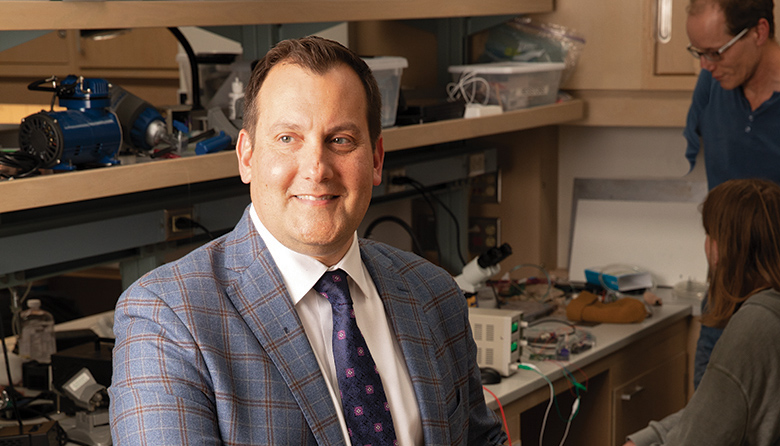What do surgeons practice on? Mannequins, hopefully. But in the military, where “train as you fight” is the watchword, realism can be sorely lacking.
That's why the Department of Defense is funding a study by the American College of Surgeons with help from the University of Washington and the University of Minnesota. The group is studying a new platform to simulate surgery, injury and patient assessment at the Naval Medical Center San Diego (NMCSD). The center's staff tested the Advanced Module Mannequin (AMM) last month, according to a Navy news release.
AMM lets trainers exchange limbs or parts on the mannequin based on which injury or procedure will be practiced, instead of using a completely different mannequin.
"The hope [is] to get to a point where one training mannequin is all that's needed, and those who run training scenarios can adjust the mannequin according to whichever scenario they're trying to mimic," Daniel McConnell, a NMCSD's bio-skills training and simulation center training specialist, said in the news release. "Theoretically, the ACS and AMM aim to create a completely integrated training mannequin."
Related: Ranger Medics Save Lives in Afghanistan with Blood Transfusions While Under Fire
AMM lets surgeons operate directly on the simulated patient, eliminating the use of a "cut suit" - a backpack-like device on a mannequin that mimics human anatomy. It also gives simulated vital signs in real time, eliminating the need to have a trainer list them off.
As AMM enters its testing phase, DoD officials are hoping this will serve as a new way for surgical and trauma teams to maintain their skills outside of the operating room.
Capt. Gordon Wisbach, NMCSD bio-skills training and simulation center surgical director, said in a news release he's looking forward to seeing how the project progresses.
"It's hard to appreciate it when you view the study within this isolated capacity, but as time goes on, data gets released and we start talking about the next steps," Wisbach said.
The study is currently recruiting surgeons to try it out so ACS can make modifications based on their feedback and survey responses.







